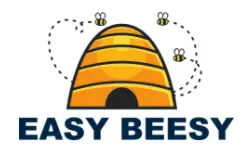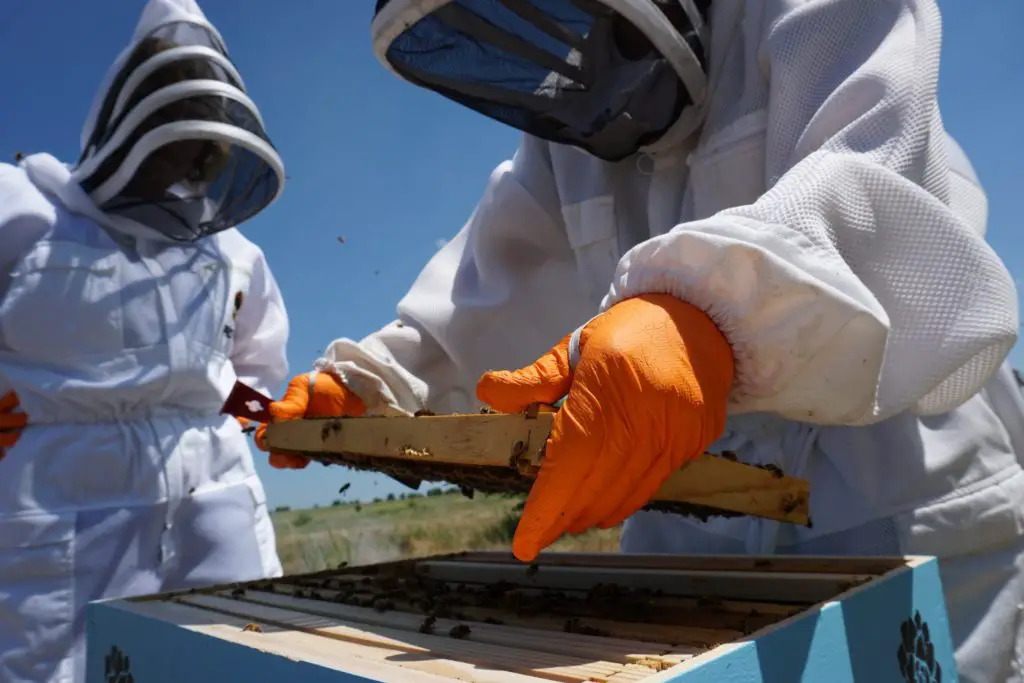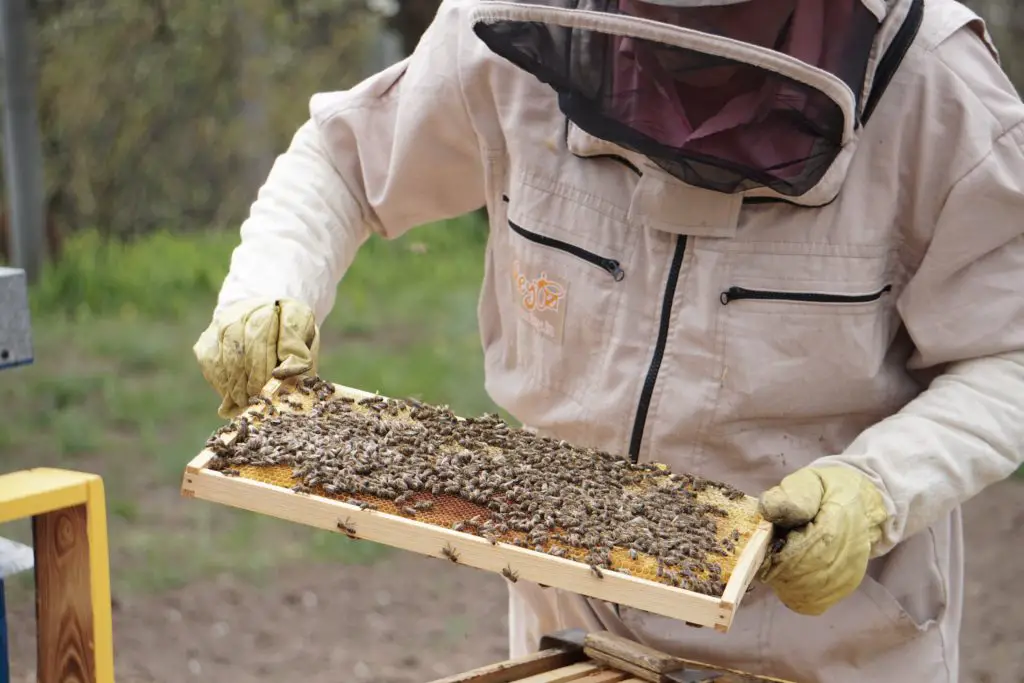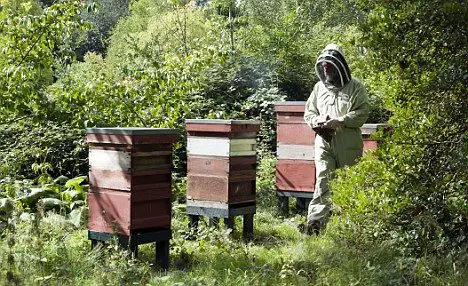Affiliate Disclaimer - As an Amazon Associate I earn from qualifying purchases.
It supports the website. So, Thank you
Whatever the reason you got into beekeeping, we’d hazard a guess that you’re still doing it because you enjoy it. However, as a seasoned beekeeper, you’ll have noticed that there are a few downsides to apiculture. If you’re just about to set up your first hive then you’ll probably want to gain a deeper understanding of the advantages and disadvantages of apiculture.
There are several things that could be a problem when keeping honeybees. For starters, the first year is known for being incredibly tough. Then you’ve got to think about the associated costs, the risk of being stung and plenty of other things.
But you shouldn’t let this put you off as there are also many advantages to beekeeping and in this guide, we’ll be exploring everything you need to know in detail.
Table of Contents
The Disadvantages Of Apiculture – Are You Ready To Face These Challenges?
Bees are amazing creatures and, as we know, they’re super important for the ecosystem. However, if you’ve been considering taking on a hive, you have to be aware that there are a lot of challenges you’re about to face.
We’re not here to tell you that you shouldn’t take up apiculture as a hobby. But we are here to introduce you to some of the things you’re going to go up against and this can make you better prepared as well as make you a better beekeeper.
Non-Native Bees
Honey bees are not a native species and so while a lot of beekeepers are raising them for their ability to pollinate and for their honey, there is a degree of concern that they will take over native species.
If you look at wild bees, many of these are not part of a colony and these solitary workers are excellent pollinators. So, if you want to keep bees as pollinators as opposed to making honey, then it might be worth thinking about getting a solitary bee house instead of a hive. Just make sure that you plant a lot of native plants!

Getting Stung
Bees have stings to protect themselves and attach anything that they perceive as a threat. But bees won’t just string for the sake of it. Honeybees are the only bee species that will die an horrific death when they use their stinger.
However, if the bees feel under threat then they’ll do what they need to do, to protect the entire hive.
While a bee sting is unpleasant, for most people, it’ll come with mild symptoms that can be treated at home. But there are some people that are allergic to bee stings and this can cause anything from moderate symptoms to anaphylactic shock and even death! If you’ve never been stung by a bee and aren’t sure whether you’ll have an allergic reaction, it’s advisable to proceed with caution.
That said, for those that aren’t allergic, properly managing your hive and keeping the bees calm when you need to inspect it is one of the best ways to avoid getting stung.
But even having a beehive in your garden means that there will naturally be more bees than in the average backyard. So, you will need to take extra precautions when outdoors. Ensuring that you always wear something on your feet so that, if you do accidentally stand on a bee, you don’t get stung is one of the simplest things.
You should also make sure that you stay away from areas where there are agitated bees. Generally, they are placid creatures, but they will become aggressive if they feel threatened. Read the signs and give the bee the space it needs. Furthermore, make sure that you don’t touch any live bees; there’s really no need and this will only alarm them.
Having To Wear A Beekeepers Suit!
Whilst it is possible to look after your bees carefully without wearing a beekeeper’s suit, you are highly likely to get stung. Therefore, it is always suggested that both experienced and novice beekeepers should take the correct precautions and protect themselves by wearing a full face and body covering beekeeper’s suit.
However, the downside to having to wear a suit that is designed to prevent bees from being able to sting you, is that they can get hot. Some of the more modern suits use a breathable material that is designed to keep you relatively cool, even on hot days.

Buying Bee Supplies
As with any hobby, apiculture comes with the responsibility of having everything you need and that means consistently buying supplies.
When you first start, you’re going to need to buy everything including a new hive, a smoker, hive tools, protective clothing and other accessories. Your bee suit alone could cost in excess of $150 and even buying a package of bees might be anywhere up to $150.
That said, it is possible to save money and buy a beekeeping starter kit which usually contains everything you will need. But don’t forget that, over the course of the hive’s life, you may need to replace items or upgrade them which comes with additional costs.
Getting Through The First Year
If there is one thing that deters new beekeepers from trying again after a hive death, it’s the fact that the first year can be incredibly trying.
Don’t forget that you are learning new skills and there are a lot of things to take on board with apiculture. In the first year, there’s a very low chance that you’ll be able to benefit from the honey as the bees simply won’t have had a chance to produce enough to feed the colony as well as you!
The bees will be very busy in the first year making wax, raising their young and producing honey for food over winter. So, you’ll need to be incredibly patient while the hive establishes itself.
What’s more, so many hives die in the first year largely due to the inexperience of the beekeeper. You shouldn’t kick yourself if this happens to you as it’s not something you intended but you should treat it as a learning curve. We have a detailed guide on what to do with an abandoned hive here.
Risk Of Disease
Bee populations have seriously declined in recent years and this is worrying. There are several reasons for this including parasites and pesticides but one of the most problematic things is disease.
The problem is that there is often no reason that a hive might become diseased but it can quickly spread and kill off the entire colony. Even more worrying is that infected bees from one hive can spread the disease to neighboring hives so if you have more than one, you’ve got a serious issue on your hands.
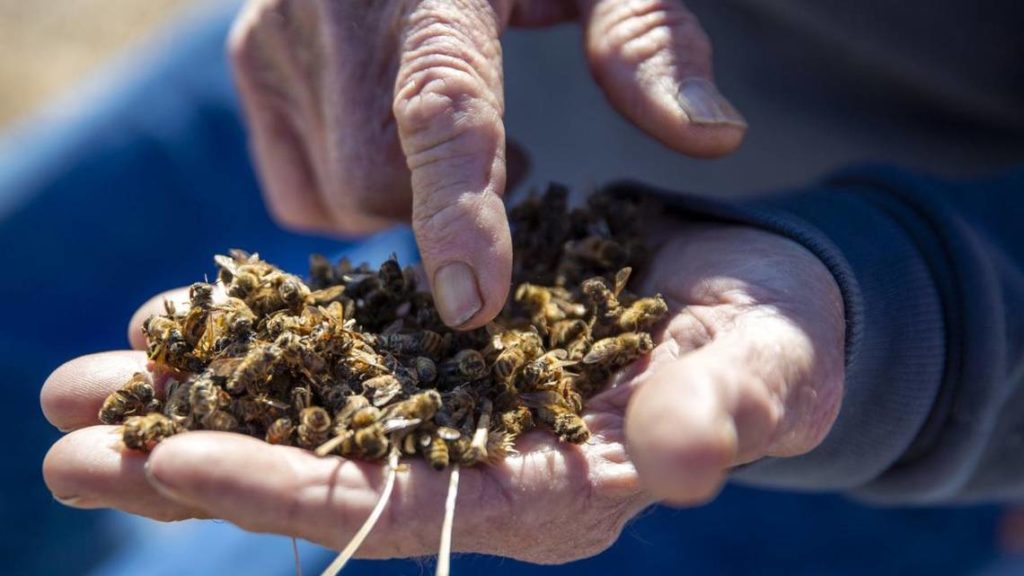
The Advantages Of Beekeeping – A Rewarding Hobby
You’d think, judging by everything we have just discussed, that we were trying to put you off keeping honeybees. That is not the case at all. But it is important to be aware of what you’re going up against before making any commitments.
However, while there are challenges to consider, apiculture is a terribly rewarding hobby and experienced beekeepers get a lot of joy out of it. So, don’t let the previous disadvantages put you off, treat them as education while you consider the many wonderful benefits of beekeeping.
- You will get a free supply of honey and there’s nothing better than the sweet taste of fresh honey! This is one of the main reasons that a lot of beekeepers take up the hobby in the first place. Each bee lives for around six weeks and during that time, it may be able to produce up to 1/12 of a teaspoon of honey. Consider that there are usually around 40,000 bees in a hive, that’s 4800 teaspoons of honey every six weeks; minus the amount that your bees will need, of course.
- As well as honey, you’ll also have a good supply of beeswax which is produced by the worker bees. They produce the wax from special glands which are then formed into the honeycomb and this makes up the structure of the inside of the hive. There are many ways you can use the wax including cosmetics and candles.
- Having a beehive means that any local plant life and flowers will benefit from increased pollination. Not only does this mean that your garden will thrive but crops in the local area too as honey bees are so important to agriculture and are responsible for the pollination of up to 66% of all edible crops.
- Keeping bees isn’t a difficult hobby since the bees are such hard workers. You won’t need to do much to encourage your hive to thrive and produce everything it needs. You’ll then benefit from wax and honey that you can either use yourself or sell for a profit which can then go towards any items you need to run your hive. Generally speaking, you won’t need to spend more than an hour a week looking after your hive so it’s a very low-maintenance hobby.
Conclusion
Keeping bees is a very rewarding hobby but there are a few things that you’ll need to consider when deciding whether to take up apiculture as a hobby. You see there are some disadvantages of apiculture that could put some people off.
Normally, these are minor problems that can be dealt with effectively using proper hive management and learning as much as possible about your bees. You’ll need to consider the cost of beekeeping, the fact you may be stung and the potential for disease among other things.
